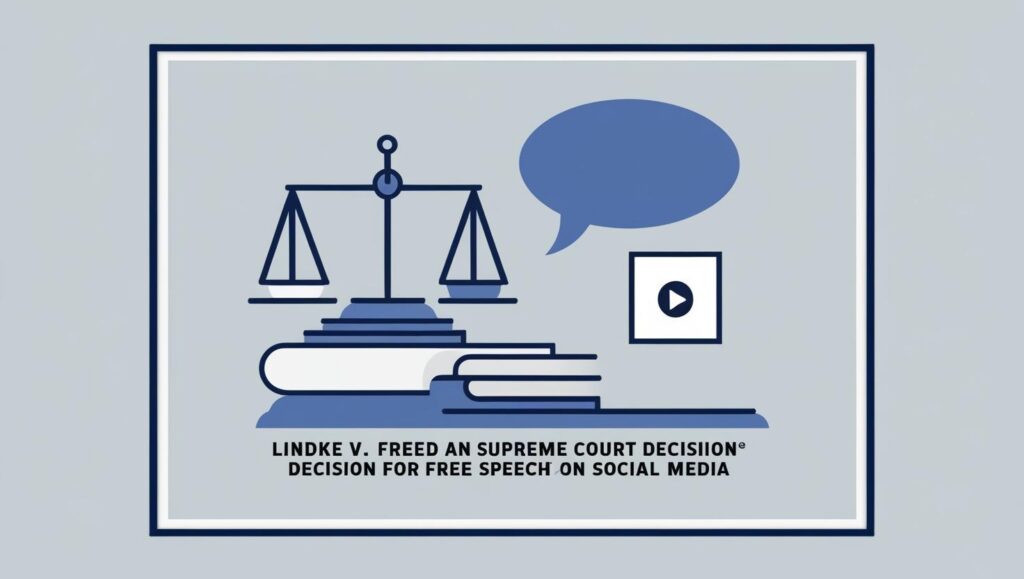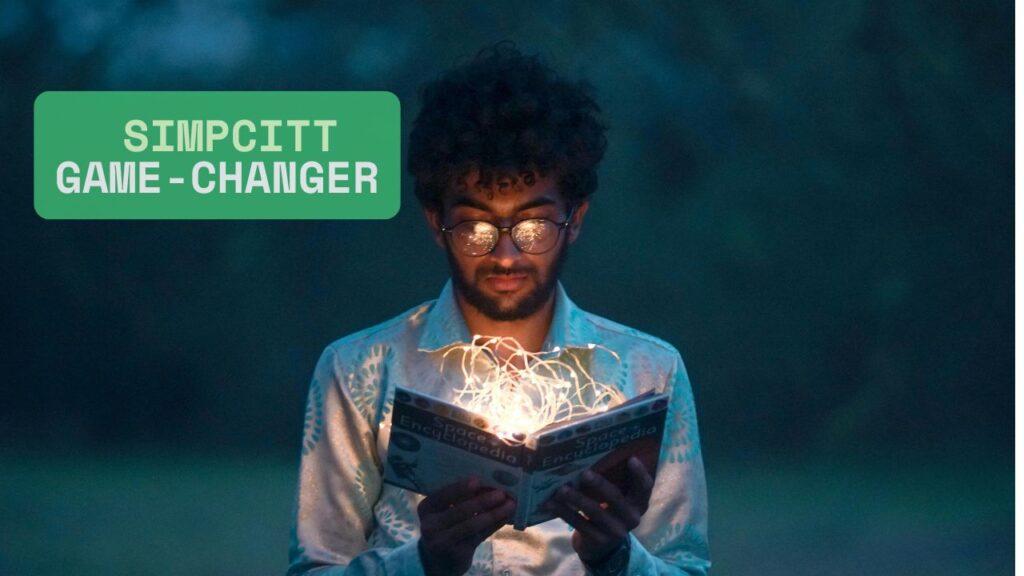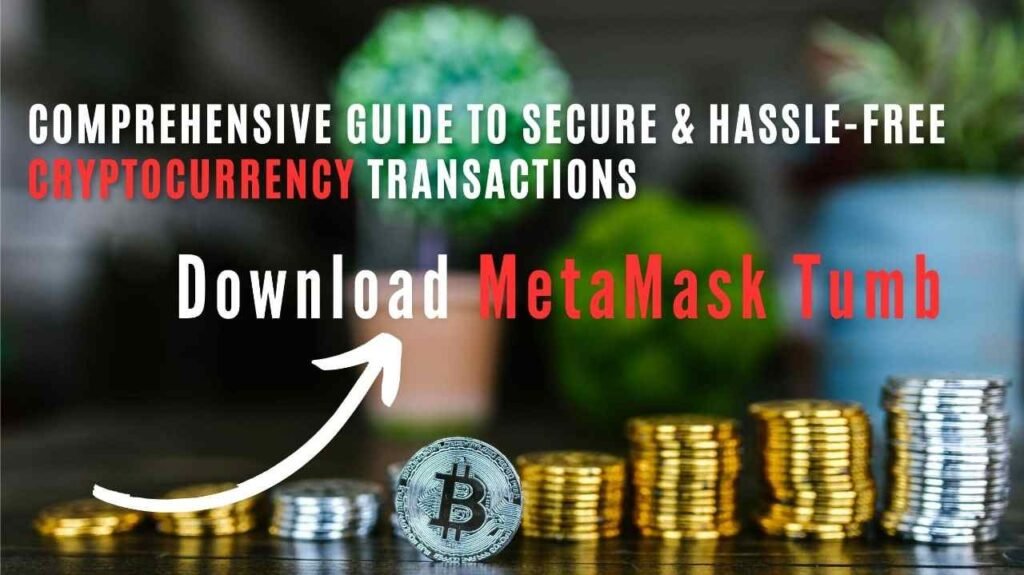In March 2024, the U.S. Supreme Court issued a major ruling in the Lindke v Freed decision, redefining how free speech applies when public officials use social media. The case answers a crucial question: Can a government official block someone from their social media page without violating the First Amendment?
As social media becomes a core channel for public communication, this ruling sets new standards for government transparency and citizen rights online.
What Sparked the Lindke v Freed Case?
Kevin Lindke, a Michigan resident, posted critical comments on City Manager James Freed’s Facebook page, challenging how the city handled COVID-19. Freed deleted Lindke’s comments and blocked him from the page.
Lindke argued that this action violated his First Amendment rights, claiming that Freed used the page to share official city information—making it a public forum.
Although lower courts sided with Freed, the Supreme Court disagreed, leading to a precedent-setting Lindke v Freed decision.
Supreme Court’s Two-Part Test: When Is It State Action?
The Court didn’t say officials can never block users—but they must meet clear criteria. Justice Amy Coney Barrett introduced a two-part legal test to determine whether a public official’s social media behavior qualifies as state action:
✅ 1. Actual Authority
- Does the official have legal authority to speak on behalf of the government regarding the post’s content?
✅ 2. Appearance of Official Duty
- Did the official present themselves as acting in their government role in that specific post or interaction?
If both answers are “yes,” then the social media activity is considered government action—and First Amendment protections apply.
Why the Lindke v Freed Decision Matters
This decision has wide-ranging implications for both public officials and everyday citizens who engage online.
🏛️ For Public Officials:
- Must clearly separate personal content from official duties online.
- Should use disclaimers like “opinions are my own,” though that may not always be enough.
- Risk legal consequences if they delete comments or block users on accounts used for official communication.
🧑🤝🧑 For Citizens:
- You have the right to criticize government officials on their official social media pages.
- Blocking based solely on disagreement is viewpoint discrimination and likely unconstitutional.
- However, officials can still remove threats, spam, or harassment per platform rules.
How This Affects Public Officials on Social Media

With the line between private and public increasingly blurred, officials need to think strategically about their online presence.
Best Practices for Public Officials:
- Maintain separate accounts for personal and official use.
- Clearly label accounts and posts (e.g., “Official City Page” vs. “Personal Blog”).
- Avoid moderating comments based on personal disagreement—focus only on harmful or illegal content.
Citizens Should Know:
- Your digital free speech rights are protected, especially when engaging on government-run or government-facing platforms.
- You can express opposition to policies without fear of being silenced—if it’s in an official online space.
What the Lindke v Freed Decision Means for the Future
This case lays down a new standard for interpreting First Amendment rights in digital spaces. As more public engagement shifts online, the decision serves as a reminder that constitutional protections don’t stop at the internet’s edge.
It also ensures that public officials are held to consistent standards, regardless of platform, account type, or political Opinion.
Key Takeaways:
- Social media is the new digital public square.
- Public officials can’t censor critical voices when acting in their official capacity.
- The Lindke v Freed decision strengthens both government accountability and citizen participation.
📌 Final Thoughts
The Lindke v Freed decision is a turning point in how the law views digital communication. It reinforces a powerful truth: Free speech doesn’t end on social media. Citizens have the right to voice concerns, and public officials must respect those rights—online and offline.
✅ Summary in Bullet Points
- Case: Lindke criticized Freed’s COVID-19 response on Facebook; Freed blocked him.
- Issue: Did this violate Lindke’s First Amendment rights?
- Ruling: Blocking could be unconstitutional if the official acted in a government role.
- Test: Was the post under legal authority and presented as official?
- Impact: Clarifies when digital activity becomes state action.
Disclaimer: This article is intended for informational purposes only and does not constitute legal advice. For specific legal concerns, please consult a qualified attorney.



